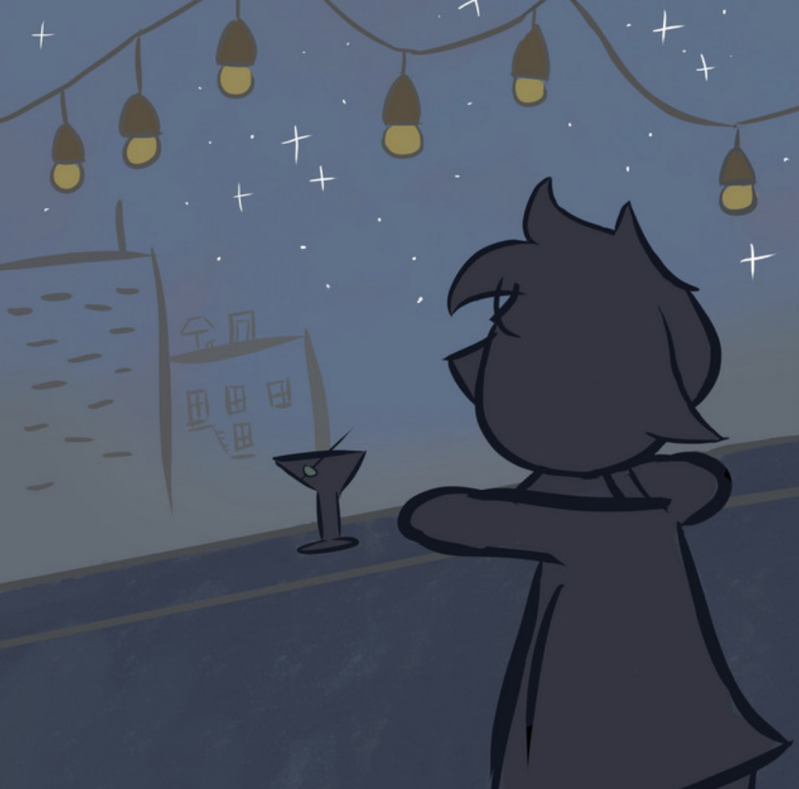
In the universe where melodies become intimate confessions and silences carry the weight of the unspoken, “Buckle Up” by Thammarat emerges as a ballad that transcends the ordinary, transforming into a hymn to the vulnerability of love. This romantic piece embraces the intensity of the fleeting and the vertigo of feeling too much, too soon.
With vocals reminiscent of the majesty of Josh Groban and the aching tenderness of Ben Platt, the song rises into a space where the ethereal and the human intertwine. “Buckle Up” is not merely a pop ballad—it is a sonic narrative about the inevitable fate of those who dare to love without restraint, with the innocence of someone who dives headfirst into the void, fully aware that the fall will be as beautiful as it is devastating.
The title itself stands as metaphor: a warning and a promise, the reflection of that overwhelming sensation of falling in love too quickly—as if the heart, reckless and ablaze, launches itself into the unknown. And in that inevitable crash that accompanies love destined to burn and fade, the music uncovers its deepest truth. There is no redemption, yet there is beauty; no permanence, yet an everlasting scar.
Dedicated to all who have been lost in the wake of heartbreak, to those still searching for a spark within memory’s echoes, and to the “hopeless romantics” who dwell between illusion and wound, “Buckle Up” becomes an anthem of surrender. It captures the paradox of longing for the impossible and embracing the fragility of what makes us most human.
The piano, performed masterfully by Cass DiFonte, becomes the backbone of the piece—each note a falling tear, an expanding sigh, a heartbeat reverberating in silence. It holds the grandeur of a voice that cracks without breaking. Complementing the soundscape, the cover art designed by Tim Eterno transforms into the song’s visual skin: a mirror where listeners may find their own story, their own fall, their own truth.
Thus, “Buckle Up” stands not simply as a song, but as a journey: a bridge between innocence and loss, between the blinding radiance of a beginning and the inevitable darkness of an end. Here, love is not a refuge but a storm—not a promise, but a destiny. And perhaps precisely because of that, its beauty becomes eternal.
Añadir comentario
Comentarios